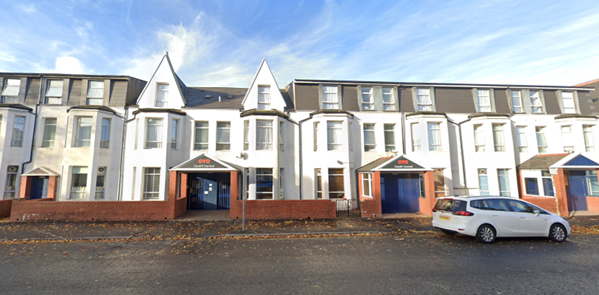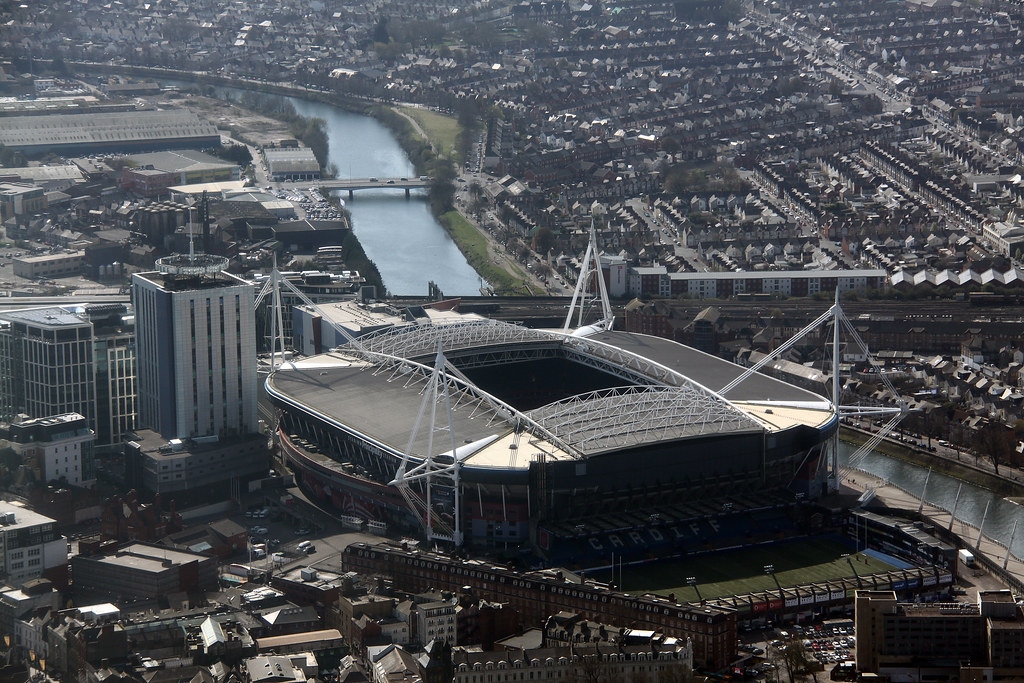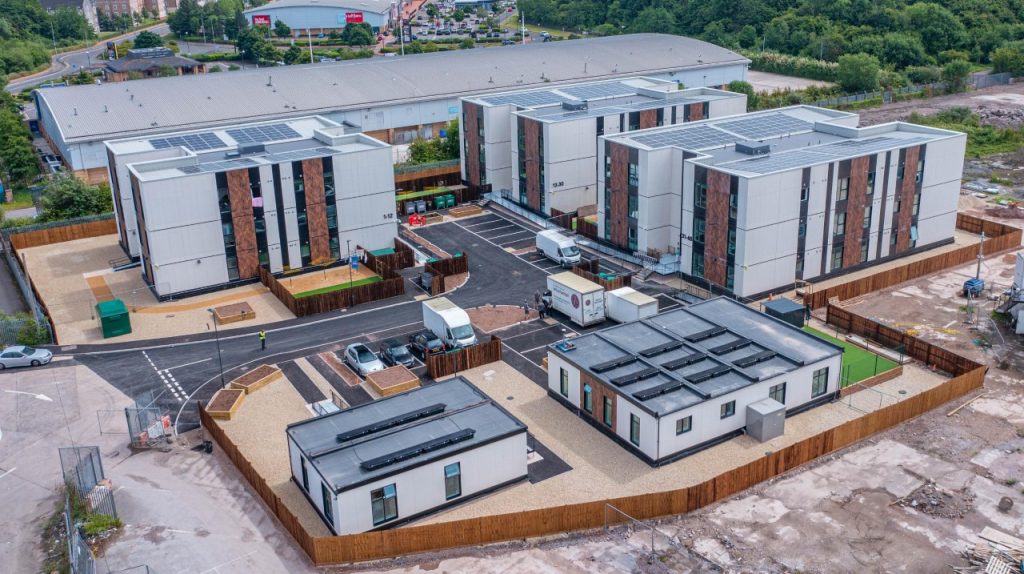Cardiff Council has turned to using hotels as it runs out of places to house homeless families and the crisis ‘surpasses anything we ever imagined’
HOMELESS families temporarily housed in hotels due to the homelessness crisis may have to be removed from their accommodation, to make way for rugby fans during the Six Nations.
In 2020, Cardiff Council started using the OYO Hotel, in Riverside, as a place to house homeless families temporarily.

Since Christmas, the council has been forced to start using other hotels across the city, to house the overspill of families in need of temporary accommodation.
However, the hotel rooms are not guaranteed for the council and with the two Six Nations matches coming up in Cardiff this February, families may have to move out of their temporary accommodation for the duration of the events.
This is also the case for Ukrainian refugees, housed temporarily in hotels by the Welsh Government, to accommodate bookings “made before the rooms were contracted to support arrivals through the Homes for Ukraine Scheme”.

As the cost-of-living crisis deepens, the issue of homeless has “gone beyond what [the council] ever expected”, according to Cabinet Minister for Housing and Communities Lynda Thorne.
Councillor Thorne said: “We planned for the increase in homelessness. But it has surpassed anything we ever envisioned.
“Our officers will do everything they can to ensure we avoid moving people out and back in. We will try our best to make sure if they move out, they don’t have to go back.
“What officers are doing is looking to see if there are self-contained units. We’re looking to see if we can secure some of those on a long-term basis.
“It’s still not ideal, but it’s certainly better than a room and a bathroom.
“For families with young children we do try to make sure they’re in proper accommodation, not just hotels. I can’t say never, but that’s what we try to do.”
In a council meeting on January, 26 Coun. Thorne said 400 families are currently in temporary accommodation, with another 100 on the waiting list.
We planned for an increase in homelessness, but it has surpassed anything we ever envisioned.”
Councillor Lynda Thorne
Of the 400 families in temporary accommodation, 200 are in hotel-like accommodation, such as the OYO. Others may be in hostels, leased properties, or in modular homes on the Old Gas Works site.
Twenty families are in other hotels with which the council does not have a long-standing arrangement.
Coun. Thorne said the situation is worsening: “We’ve only just started using hotel accommodation before Christmas.
“Before Christmas I was feeling comfortable that we were in a really good position with single person homelessness.

“Then we put in measures to address the increase in family homelessness but, clearly, it’s gone beyond what we expected.
“Before this, some of the Ukrainian refugees were initially put in hotels by the Welsh Government. They had to move them out if there was an event on for two days, for example. Then they moved them back in.”
This is still the case for some Ukrainian refugees now.
A Welsh Government spokesperson said: “Some Ukrainian guests at a hotel will need to temporarily relocate for a short period of time to accommodate public bookings made before rooms were contracted to support arrivals through the Homes for Ukraine Scheme.
“Guests will be offered alternative accommodation in the local area where possible to minimise disruption and will be provided support to temporarily relocate.”
The Welsh Government confirmed this contract with the hotel was due to end soon.
This reliance on hotel rooms is a product of increased homelessness, but also the lack of permanent housing available, which would free-up space in temporary accommodation.
The council was due to receive a delivery of 150 modular homes, for the Old Gas Works Site, on December 23. These would act as temporary housing until the site can be developed into council houses. But this was delayed until July this year.

According to Coun. Thorne, the council has land for 4,000 mixed-use houses: “But you have to draw up outline plans, we consult with residents, we get architects to draw up plans, we have to go for planning permission, and then we have to go to tender.
“It takes about three years before a brick hits the ground. It’s just having patience; everything takes so long.”
Coun. Thorne encourages any families struggling with housing costs to approach the council as soon as possible: “When people come to you before they’re homeless, officers have been successful in preventing 80 percent of cases of homelessness.
“I think, sometimes, families are under the illusion if they present as homeless they will immediately get a council home. That’s not the case – we don’t have the turnover of houses.”
- To find out what support is available, you can contact Cardiff Housing Options on 02920 570750. Alternatively, visit them in Cardiff Central Library.



